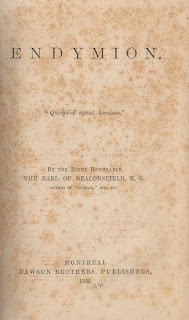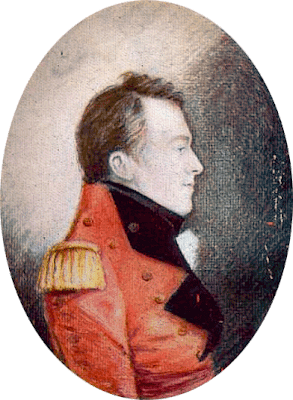'The Ku Klux Klan to the Rescue'
D.C. Macdonald
The Saint Andrew's College Review, Christmas 1915
Discovered quite by chance late last month, I put off writing about this short story so as not to sully the holiday season.
You're welcome.
"The Ku Klux Klan to the Rescue" flowed from the pen of D.C. Macdonald, a fifth form student at Saint Andrew's College – Canada's Largest All-Boys Boarding School™ – located just north of Toronto in small but affluent Aurora, Ontario. Macdonald was one of the institution's most prolific writers; 1915 alone saw no less than three stories contributed to its thrice-annual Review. His style is distinctive; short on dialogue, long on action, it reads like a silent movie – which is appropriate because "The Ku Klux Klan to the Rescue" is an homage to The Birth of a Nation, the year's biggest film.
 |
| The Toronto World, 18 September 1915 |
Wilson and King, former lieutenants in the Grand Army of the Republic, have partnered with Hardwick, a Southerner, to purchase a tobacco plantation somewhere in Virginia:
Hardly had they become settled when the terrible news of Lincoln's assassination reached them. Later on came stories of terrible negro riots, where the blacks, seemingly intoxicated by their sudden freedom, and fiery speeches from their trick doctors had run amuck doing tremendous damage in some localities even taking the lives of innocent whites.The three do their best to avoid "the negro settlements", but eventually exhaust their provisions. They make for the nearest village, now "crowded with half-intoxicated negroes". Once there, Hardwick is accosted by "a hulking negro".
The Southerner fights back, setting off one "the dreaded negro riots". Hardwick, Wilson and King manage to flee, but know that they are not out of danger.
The plantation owners work to fortify their home, after which Hardwick rides off to enlist the help of the Ku Klux Klan. A quarter-mile into his journey, the Southerner is challenged.
Accordingly, whipping out his revolver he drove full tilt at the enemy, firing as he went. The negroes were too completely surprised to offer much resistance, and he was through them before they realized it, leaving one dead and three wounded in his trail. The enraged blacks a last recovered their senses, but not until it was too late. Those with fire-arms blazed away with customary negro accuracy, only one shot striking the fugitive. That unlucky bullet passed through Hardwick's arm, causing him to reel in his saddle, but quickly recovering himself he pressed on with determination.Hardwick manages to reach the Klan's meeting place, and a call to arms takes place beneath a burning cross.
Meanwhile, back at the plantation, a battle rages. Though vastly outnumbered, Wilson, King, and two "reliable servants" have managed to hold off their attackers with bullets and pots of boiling water they throw in "evil faces". Their defences break at the very moment the Klan appears.
Those who aren't killed or wounded flee for the village with the Klan in pursuit. The group encamps to ward off further attacks.
FIN
* I'm much obliged to CopyCatFilms for the template.






















































